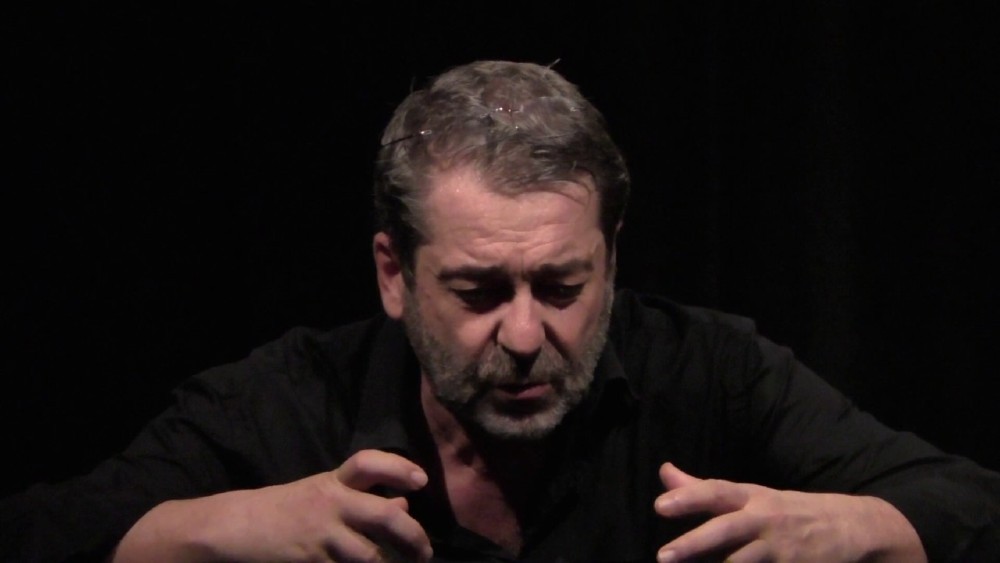Philippe Goudard on his career in circus and medicine
 Photo source: Lokko: Magazine Culture et Innovation Montpellier.
Photo source: Lokko: Magazine Culture et Innovation Montpellier.
Your career path has taken you from circus and performing arts, to a doctorate, to medicine, then to teaching and back to medicine. Can you tell us more about your unique background?
Philippe Goudard: I started in theater in high school, and pursued medicine and theater as a semi-professional until my 4th year of medical school. Then I discovered circus in 1974 and I was selected for the inaugural class of the Gruss Montfort National Circus School in Paris. I resumed my medical studies while being a circus professional from 1977 to 1979 and never gave up either activity. I don't know how it happened. I did it without ever wanting to make a choice. Probably because they both have to do with relationships, the body, being human, risk, extreme joy or extreme anguish and are two art forms that are ultimately deep and mysterious.
What was it like to enter medical school as someone with a background in theater, clowning and performance? What set you apart from others in your class? What did you gain from this unique perspective?
PG: Both practices respond to each other around the notions of self-knowledge , knowing others, and establishing a relationship that moves towards greater well-being and greater understanding. However, both areas are beholden to their own set of rules, academic or otherwise, associated fears and spheres of power and knowledge. I didn't always mention my double belonging. But I was aware that, like others before me, I was carrying evidence that I was doubly invested and had the responsibility to be qualified and skilled in both fields, and to keep my course . Artistic practice allowed me to develop my listening, sensitivity, intuition and intimate knowledge of the body. Medical and scientific practices have allowed me to develop my objectivity and management skills. Both have required rigor and a sense of reflection on individual and collective processes, and creativity.
Despite the pandemic, you decided to return to the medical sector. Why?
PG: It was self-evident. I believe in public service, in art and medicine. I was educated and trained in these values. And I have practiced them and still do. I wanted to give back to the community what the community allowed me to learn as a medical student and then as a researcher. Contributing to our, if not ideal (is there such a thing?) healthcare system which is impressively efficient and serving my home as a physician - all this was natural for me. I registered on the list of reserve volunteers. And the requests were numerous. My background as an emergency doctor and having a medical practice in the vicinity (villages, remote areas, circus medicine) allowed me to find my place. My circus experience has given me a sense of freedom and absence of permanence which allowed me to adapt to crises . This is very exciting. It is a great opportunity to feel useful to others, whether on stage, in the ring or with patients.
Could you tell us a little about your show Du côté de la vie? What are you hoping audiences will take away?
PG: For the preview see the texts, photos and videos on my website and in this video. I hope audiences enjoy the beautiful text that we worked on with Pascal Laine and that they feel connected to the story. I hope they will see their doctor and their relationship to care differently after this. And that they get to know the work of Mikhail Bulgakov, who inspired this text and this show.

